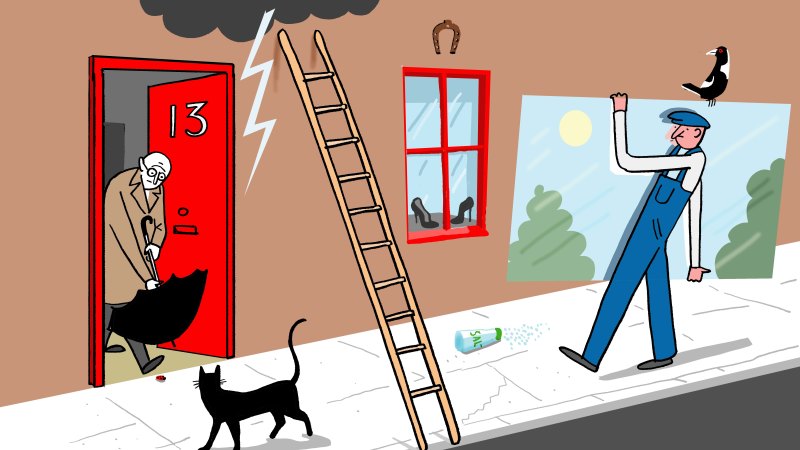Should I keep my life insurance once I retire?
I am about to retire, and I have life, total and permanent disability (TPD), and trauma insurance. What is your opinion on keeping these insurances in place once a person is retired, has access to substantial superannuation, has no debt and owns their home?
Insurance has a cost. The purpose of it is to protect you or your dependents against events that could have a severe impact on your finances. The problem with the insurances you have now is that their premiums will normally increase as you get older and the risk of a claim increases. You really must examine your own situation and ask yourself how the family would get on if you died, became disabled or came down with a critical illness.
You must examine your own situation and ask yourself how your family would get on if you died, became disabled or came down with a critical illness.Credit:Simon Letch
You write that a single pensioner could earn $190 a fortnight and still be eligible for the full single pension of $1026.50 a fortnight, including all supplements. Apparently, they can also earn $460 a fortnight from personal exertion – not included in the income test. Could you please elaborate on the distinction between “earning $190” and “earning $460 from personal exertion”? Can I just sit around and earn $190 a fortnight without effort?
The $190 a fortnight relates to income that is not from employment, usually deemed income on your financial assets such as bank accounts and superannuation, or income such as rental from investment properties. The $460 a fortnight which is equal to $11,960 a year comes under the ambit of the “work bonus″ and relates to work from your own efforts, or from a business that you own. The purpose of it is to encourage pensioners to seek work to supplement their income.
Our SMSF bought Westpac shares about 10 years ago, and I sold some recently. They were sold ex-dividend, but before receiving the refund cheque. Will our fund receive the franking credit for those sold shares? I am not clear about how the 45-day rule works.
When you purchase shares, the companies that you have shares in may declare a dividend. Often, the dividend amount comes with a franking credit, which is a rebate that shareholders get for the tax paid by the company. The amount of franking credit that you can claim is shown on the dividend statements that are issued to you. You will then declare the amounts shown on the dividend statements on your tax return, where the franking credits will be considered when calculating your income tax liability.
The 45-day rule (sometimes called dividend stripping) requires shareholders to have held the shares “at risk” for at least 45 days (plus the purchase day and sale day) to be eligible to claim franking credits in their tax returns. If you have held your share for less than 45 days, you cannot claim the franking credits in the dividends you have received. The rule is designed to prevent franking credits to be claimed by share traders who hold shares for a short period of time and then sell as soon as they qualify for a dividend.
I want to help my mature-age daughter get her own home, but I am a single pensioner that will be severely punished by the government if I do. I own my own home and receive a full pension and health card. Since my husband’s death, my savings have been reduced to nothing while we waited for the estate to be settled. I am 81. I recently received my inheritance of $500,000, which would reduce my pension significantly but would allow me to assist my daughter. The problem is that the government would still assess this gift/loan against my estate as an asset, leaving me in the position of little pension entitlement and at the same time not having use of the funds if I have lent them to her. Any suggestions?
You could give away $10,000 now, and $10,000 after June 30, which could reduce the inheritance to $480,000 quickly. But as you point out, your pension could well drop by $660 a fortnight or $17,000 a year. Provided the remaining $480,000 was a gift and not a loan, it will cease to exist for Centrelink purposes in five years.
One strategy might be to gift $400,000, which would leave $90,000 remaining to make up for your lost pension until it gets restored in five years. Of course, as you drew down on the $90,000 for living expenses, your pension would increase slightly.
- Advice given in this article is general in nature and is not intended to influence readers’ decisions about investing or financial products. Investors should always seek their own professional advice that takes into account their own personal circumstances before making any financial decisions.
Noel Whittaker is the author of Retirement Made Simple and numerous other books on personal finance. Email: [email protected]
Most Viewed in Money
From our partners
Source: Read Full Article


